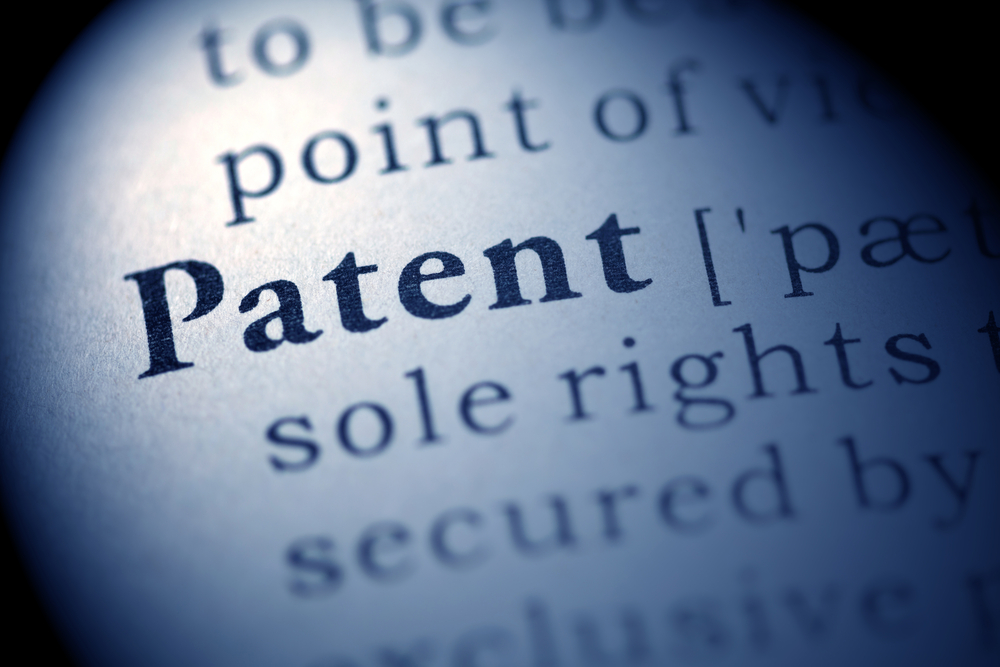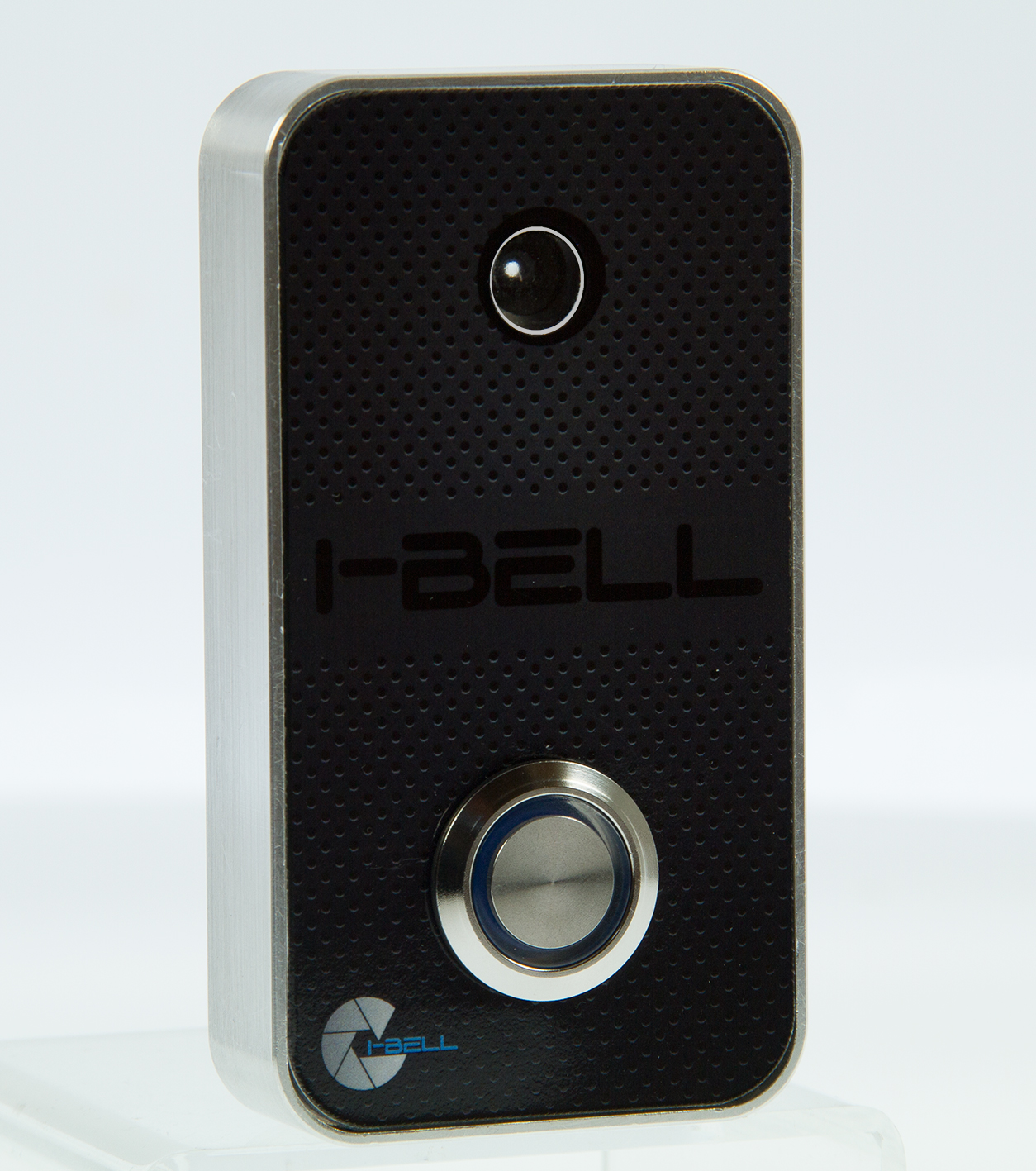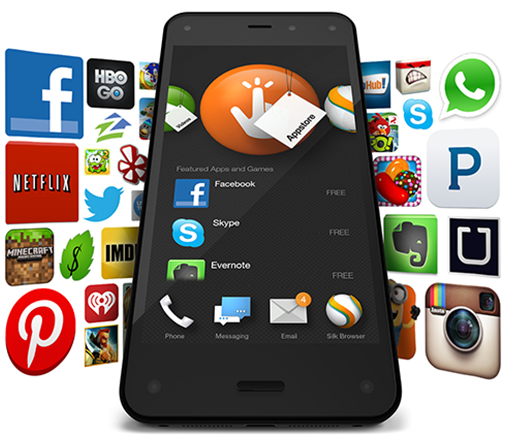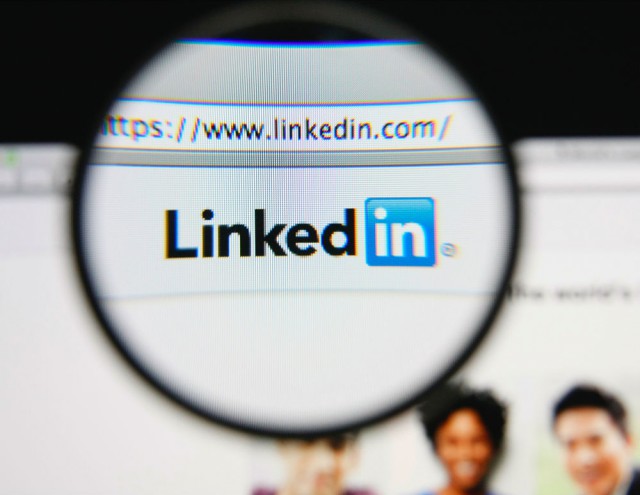
Rainbird AI set to hit open beta on 21 July
Rainbird Technologies has announced that its artificial intelligence software will enter open beta on 21 July, so in just under a month from now, the company hopes that a range of devs, schools, charities and non-profits will benefit from the product.
Rainbird AI is a web-based platform designed to make artificial intelligence tech available to and usable by those without any programming skills or knowledge.

Google starts testing new domain registration service -- Google Domains
In many regards, it is rather surprising that it didn’t happen sooner -- today Google announces it is testing a new domain registration service aimed at businesses. Google Domains is currently an invite-only service, and it has taken the search-giant a very long time to get in on the website game. Once fully up and running, "businesses will be able to search, find, purchase and transfer the best domain for their business -- whether it's .com, .biz, .org, or any of the wide range of new domains that are being released to the web".
At the moment, the service is concerned only with domain registration. However, partnerships with the likes of Shopify, Squarespace, Weebly, and Wix.com suggest that storage and web building options will also be in the cards. Few details have been released about just what we can expect from Google Domains, but the About page does give something of an insight. Standard features such as domain forwarding and domain management tools are complemented by customizable sub-domains and email accounts that can be forwarded to existing Gmail addresses.

Microsoft ups the ante with 1TB of free cloud storage for Office 365, 15GB for OneDrive
Just three months ago we saw the start of the cloud storage price wars when Google slashed its prices. Today Microsoft has retaliated by offering a massive increase in the amount of free cloud storage available to OneDrive and Office 365 customers. The company's recently renamed storage service jumps from 7GB of free space to 15GB -- although those with reasonable memories will recall that it is not all that since SkyDrive customers were given 25GB free of charge. But it doesn’t end there. Every version of Office 365 will now come with 1TB of free space as standard.
The figure for OneDrive has not just been plucked out of the air. "Our data tells us that 3 out of 4 people have less than 15 GB of files stored on their PC. Factoring in what they may also have stored on other devices, we believe providing 15 GB for free right out of the gate – with no hoops to jump through – will make it much easier for people to have their documents, videos, and photos available in one place."

Microsoft is cooler than Apple
Third in a series. In business perception is everything. Many companies succeed or fail not because their products are great but their brands are perceived to be that way. Apple is a remarkable perception manager. Consider iPhone 5s, which features and benefits fall far behind many competing devices. Rather than innovate, the fruit-logo launches an evocative marketing campaign -- "You're more powerful than you think" -- that makes the smartphone look better. Improved. The ads are compelling because they communicate: Your life will be better, you shall achieve your dreams, by buying iPhone 5s.
Meanwhile, competitors like Microsoft truly innovate and take the kind of risks that once defined Apple. Last year I asked: "Will 2013 be another year of Apple iteration masquerading as innovation?" Yes, and halfway into another year, little is changed. The answer is the same. Last month I explained "Why Apple no longer innovates". OS X Yosemite and iOS X 8 are prettier, but so what? Meanwhile, Windows 8/8.1 is a radical rethinking of the platform -- as is Surface, which delivers refreshing change to computing. What's that long-forgotten Yellow Pages tagline? Let your fingers do the walking. They do on Surface.

The most popular stories on BetaNews this past week: June 15 -- 21
This is the week of the Surface Pro 3. Brian had already attended the launch event earlier in the month, and has provided an essential list of hardware and software purchasers need to grab for the best all round experience -- he even goes as far as suggesting that it's better than a MacBook Air. Even before launch there was an update available for the tablet-cum-laptop, and there was also news that the Intel Core i3 and i7 models would be shipping earlier than previously expected. But not all of the products we looked at this week were quite so "every day". There was the wifi doorbell complete with camera, and also the prospect of charging your phone wirelessly with your pants -- yes you did read that correctly.
The Windows Phone market is dominated by Nokia, but a new batch of handsets has been unveiled by Indian manufacturer Micromax. If Android is your mobile OS of choice, you may be thinking about venturing into the rooted world. This week a new tool was released that makes the process as quick and painless as possible, opening up a whole new breed of apps and options. Joe decided to take a walk on the wild side and adopt the Nokia Lumia Icon as his phone of choice. In the Android arena, a new contender entered -- the Amazon Fire Phone. Will a kill switch be added? Microsoft and Google have agreed to add it to their mobile operating systems.

US Supreme Court squares up to software patent trolls with stricter rules
A ruling by the US Supreme Court could change the way patents are assigned in the future. A case between New York-based CLS Bank International and Australian company Alice Corp found judges unanimously agreeing that software patent was invalid because it was simply an existing idea transferred to a computer. In order to qualify for a patent, an idea must be unique, and the court ruled that the simple addition of a computer application is not enough.
CLS Bank International had complained that Alice Corp had applied a "generic computer implementation" to a patent owned by the bank, rendering it invalid; the court agreed. "The representative method claim does no more than simply instruct the practitioner to implement the abstract idea of intermediated settlement on generic computer", the ruling states.

Paedophile use of dark net increases for child abuse images
Tens of thousands of paedophiles are using the dark net to circulate images of sexual abuse, according to a report by the BBC.
The National Crime Agency said that abusers were increasingly turning to encryption software to maintain anonymity. The dark net is a hidden part of the Internet which can only be accessed by special software, one of the most popular of which is the TorBrowser.

Never miss a caller again with the i-Bell
Wouldn't it be useful to know there is someone at the door when you're out in the garden or even when you're away from home completely?
The people behind the i-Bell, which launches its crowd funding campaign this month, obviously had the same thought. A Wi-Fi enabled doorbell, it lets you use your smartphone to see and even communicate with whoever is at your door. You can tell the delivery man to hang on a second or leave the package in a safe place for example.

Amazon takes on Apple and Google with Fire phone
Amazon today unveiled the latest entrant to the smartphone race -- the Fire phone. The handset continues the Fire name that is more readily associated with Amazon's range of Android tablets, and it has a few tricks up its sleeve to make it stand out from the competition. A press event in Seattle brought to an end weeks of rumor and speculation as the phone, which features Dynamic Perspective that allows for maps and other images to be displayed in three dimensions, was revealed.
Run by four ultra-low power specialized cameras and four infrared LEDs, Dynamic Perspective has numerous uses. One application makes it possible for users to gain a different perspective on an image or object on screen by moving their heads. In games, a move of the head can be used to switch views, and there is scope for unique navigation options within apps. Some applications are slightly simpler, and mimic those found in other handsets such as Samsung's Galaxy range. For example, auto-scroll allows for easy reading of lengthy documents and web pages without the need for swiping.

Twitter reinstates tweets that mock the Prophet Muhammad and depict Koran burning
Twitter has reversed blocks it placed on numerous tweets and accounts in Pakistan that were deemed "blasphemous" and "unethical", including some that featured anti-Islamic content, depictions of the Prophet Muhammad, and photos of the Koran burning. Pakistani authorities complained to Twitter back in May, and the social network "made an initial decision to withhold content in Pakistan".
But after the Pakistan Telecommunication Authority failed to provide the additional information that Twitter requested, the accounts and tweets have been restored.
My Nokia Lumia life begins
Second in a series. Sunday started an unexpected journey long anticipated. I walked out of Microsoft Store San Diego holding my first Nokia since abandoning the brand in 2009. Before Nokia imploded, first unable to respond to Apple innovations and next by adopting Windows Phone as primary platform, I preferred the handsets -- using over the years the N95, N96, N79, N97, and N900.
I am the proud owner of the Lumia Icon, which marks my family's slow migration to Verizon from T-Mobile. AT&T would make more sense, since the iPhones my daughter and father-in-law use would work unlocked. If the Lumia 930 were available, I could go to the Blue rather than Red network from Pink (which becomes Yellow if purchased by Sprint). My initial reaction is surprisingly good, of the handset and Windows Phone 8.

Ramp up the resolution: Google and Bing can now use more detailed imagery on maps
If you have ever bemoaned the fact that maps are too blurry on Bing, too grainy on Google, moan no more! US restrictions on the quality of satellite imagery that can be used by online services such as these has been lifted by the US government.
The ban is to be removed after satellite photography firm DigitalGlobe made an appeal to the US Department of Commerce. Security concerns meant that satellite images were limited to a 50cm resolution, but this is to be boosted to 40cm and beyond.

LinkedIn to face lawsuit for spamming users' email address books
A judge in the Northern District of California has paved the way for a lawsuit against the social network LinkedIn for violating the privacy of its users. The complaint was that LinkedIn "violated several state and federal laws by harvesting email addresses from the contact lists of email accounts associated with Plaintiffs’ LinkedIn accounts and by sending repeated invitations to join LinkedIn to the harvested email addresses". It relates to the fact that LinkedIn not only used the address books of those signing up for accounts to tout for business by sending out an email to that effect, but also sent follow-up email if there was no response.
US district judge Lucy Koh ruled that while users granted permission for LinkedIn to access their contact list it is this 'spamming' that is likely to land the company in court again. The judge outlined the process users were complaining about, explaining that LinkedIn sent an email to connected in users' address books -- albeit with initial permission -- sends the same email a week later if the recipient has not joined LinkedIn, and a third email if another week passes without a signup.

#FreeTheNipple campaign leads to breastfeeding nipple-shot ban reversal by Facebook
Facebook comes under fire for all manner of things -- it's just part and parcel of being a social network. When users are not up in arms at the site's privacy policies, they are found voicing their disapproval at the types of content they're not allowed to publish on their timelines. There are lots of types of pictures that are frowned upon, and parents were upset to find that many of the photos they posted fell foul of Facebook's moderators. Facebook's Community Standards have never included a stated ban on breastfeeding pictures, but those that included glimpses of nipples were often swiftly removed. A well-publicized campaign that used the hashtag #FreeTheNipple seems to have had the desired result.
As noticed by The Independent, there has been a softening of views as Facebook Moderators are now encouraged to consider the context in which nipples appear in photographs. The Community Standards state "Facebook has a strict policy against the sharing of pornographic content and any explicitly sexual content where a minor is involved. We also impose limitations on the display of nudity". But there is the caveat that "we aspire to respect people’s right to share content of personal importance, whether those are photos of a sculpture like Michelangelo's David or family photos of a child breastfeeding".

Privacy blow -- .UK websites must publicize registrant's name and address
It seems there are new privacy worries at every turn. The latest cause for concern relates to websites in the UK. Nominet, the internet registry services provider for .uk domains, has changed one of its policies, and the change means that individuals running websites may have to reveal their home addresses. There are obvious privacy and security concerns associated with this, particularly for websites run by individuals who wish to remain anonymous -- full names of domain registrants must also be displayed.
Nominet's policy on opting out of appearing on WHOIS searches is not immediately clear. Things start off in a fairly simple fashion. "Only domain name holders that are non-trading individuals can opt out of having their address details published on the WHOIS". Great; my website is just a blog. There's no need to advertise my home address for the world to see, you might think. But 'advertise' could be the key word here. If Nominet classifies you and your site as a business, it is a completely different story and your home address must be displayed.
